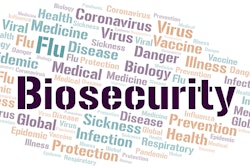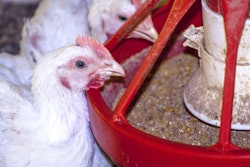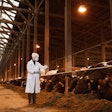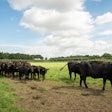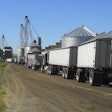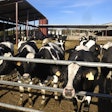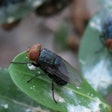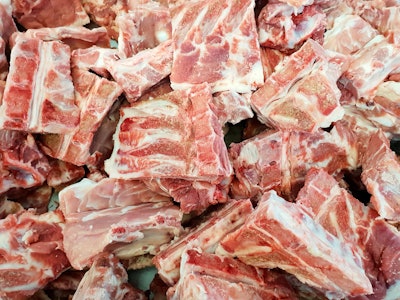
U.S. Customs and Border Protection (CBP) agents recently seized prohibited pork from two travelers arriving separately from Vietnam at Washington Dulles Airport.
Uncertified pork products from Vietnam are prohibited by the U.S. Department of Agriculture due to the potential introduction of the dangerous African swine fever (ASF) and swine vesicular disease.
The first traveler, who arrived August 1 and was destined for Fairfax, Virginia, was referred to secondary baggage examination. CBP agriculture specialists and U.S. Fish and Wildlife Service (USFWS) inspectors discovered the prohibited pork, along with 77 dry seahorses, five jars of snail ointment and five dead snakes.
The import of the seahorses, snakes, and snail ointment without the necessary permits or documentation violated several laws and regulations, including provisions of the Convention on International Trade in Endangered Species of Wild Fauna and Flora (CITES), and the Lacey Act.
The second traveler, who arrived on August 4 and was destined for San Francisco, was referred to a secondary baggage examination. CBP agriculture specialists and USFWS wildlife inspectors discovered four prohibited pork products and 50 small boxes of a commercial herbal liquid medicine that listed its ingredients as snake oil.
The USFWS regulates the importation of wildlife, including snake oil and other wildlife parts and products.
CBP agriculture specialists seized all prohibited products and turned them over to USFWS inspectors. The USFWS investigation continues.
“Though we may consider some animal-based products to be unusual, people in other parts of the world may consider them to be normal. However, travelers visiting the United States should understand that Customs and Border Protection is committed to protecting our nation’s agricultural industries and enforcing our wildlife and import laws which may result in the seizure of their animal-based products,” said Christine Waugh, CBP’s Acting Area Port Director for the Area Port of Washington, D.C. “CBP agriculture specialists continue to work side by side with our U.S. Fish and Wildlife Service partners to educate travelers by holding them accountable when they arrive with illegal or prohibited products.”
The Convention on International Trade in Endangered Species of Wild Fauna and Flora and the U.S. Endangered Species Act regulate the international trade in wildlife and animal-based products.



